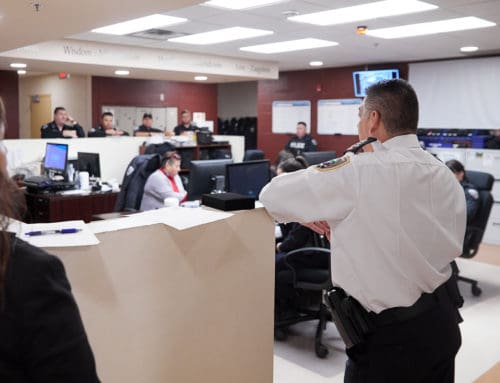Gchi Mino Naadmaadwin Teg describes the ultimate level of services based on the integration of human services sectors to proactively respond to situations requiring coordinated action.
What this means is: As a team, we are prepared to assist individuals, families or groups before situations reach a crisis point.
The focus is to strengthen the connection amongst service providers and strengthen the connection of service providers within the community – more specifically with those who are struggling and not likely to reach out and ask for help. Gchi Mino Naadmaadwin Teg when aware of a potentially high risk situation will reach out and offer the supports through the rapid mobilization of services.
Gchi Mino Naadmaadwin Teg Circles are weekly discussions for human services providers, following traditional Circle protocol, guided by the 7 grandfather teachings and modelled on Clan governance structure.
Situations of Gchi Mino Naadmaadwin Teg are screened according to Acutely Elevated Risk (AER). Representatives of Maamwi Naadamadaa adopted the following definition of AER:
- Pertains to a situation affecting an individual, family, group or place where circumstances indicate a high probability of imminent risk and/or significant harm to self or others (e.g. offending or being victimized, lapsing on a treatment plan, experiencing an acute physical or mental health crisis, situations which may be detrimental to the well-being of children/youth or a combination of issues).
- The acute nature of these situations is an indicator that circumstances, cutting across multiple human service disciplines, have accumulated to the point where a crisis is imminent and/or new circumstances have contributed to severely increased threats of harm to self or others.
- The motivation to intervene by reaching out and offering help to the individual/family/community prior to gaining consent in some cases supersedes the need for privacy in cases where imminent risk is perceived.
The ultimate goal is to offer support BEFORE situations reach a crisis point.
The seven grandfathers are sacred gifts given to Anishnaabek to be used for guidance in all we do – these are the foundational principles and cultural standards from which we proceed with information sharing. These values and principles provide broad direction for participating and sharing information as part of the Gchi Mino Naadmaadwin Teg discussions, within the scope of:
- Need to know (only disclose or share information that is required to identify and mitigate situations of acutely elevated risk or may affect the safety of service providers involved in the outreach/intervention)
- Timely, coordinated and collaborative response
- Responsible recording and use of data (maintain de-identified records of situations discussed in Circles.)
Where possible consent will be obtained from the individual or family. However, in some circumstances this may not be practical where level of risk dictates action is necessary.
Sector and Community Involvement – Our Partners
Gchi Mino Naadmaadwin Teg is the result of an integration strategy of Maamwi Naadamadaa. Each affiliate and community within UCCMM has an appointed representative and an alternate. Affiliates and communities include: Aundeck Omni Kaning, Kenjgewin Teg Educational Institute, Kina Gbezhgomi Child and Family Services, M’Chigeeng, Mnaamodzawin Health Services, Noojmowin Teg Health Centre, Ojibway Cultural Foundation, Sheguiandah, Sheshegwaning, UCCM Anishnaabe Police Services, UCCMM Justice Project, Whitefish River and Zhiibaahaasing.
We also work with Manitoulin Family Resources, Health Sciences North Crisis Services, Victim Services, Rainbow District School Board, and the Mnidoo Mnising Crisis Response Team.
For more information about GMNT contact the Social Navigator.




